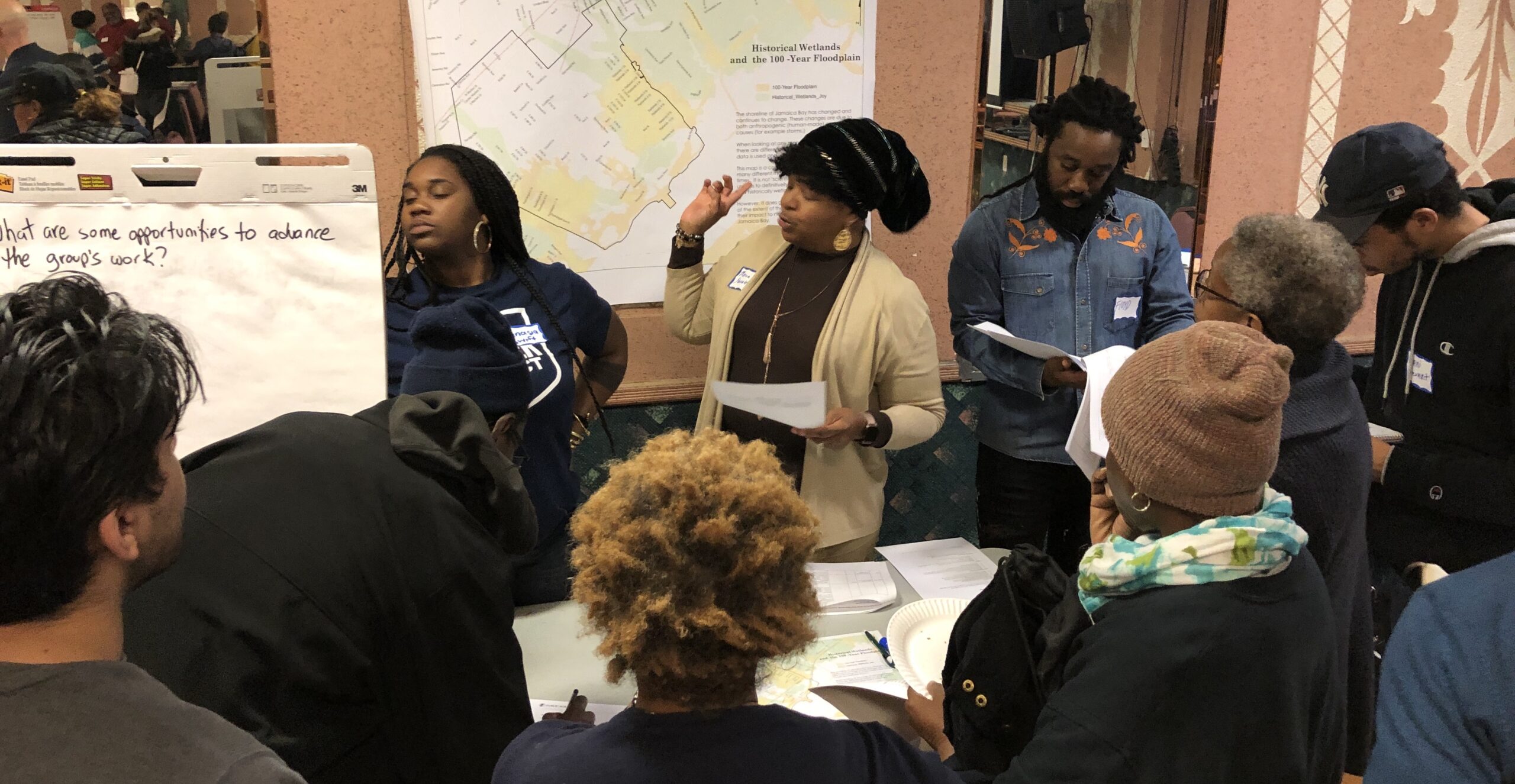While there are several schools of thought around Dialogue & Deliberation, ASTC’s Community Science Initiative outlines five skills that are particularly relevant for science and technology center professionals looking to undertake Dialogue & Deliberation programming.

1 | Identifying Topics and Framing Issues
Community science practitioners must listen to develop a deep understanding of the community they seek to engage, to enable them to select an authentic community priority and frame it in a productive way.
2 | Designing Events
Dialogue & Deliberation should be as inclusive as possible, which starts with planning for practical needs, designing effective agendas, and providing background materials to support the discussion will help ensure effective and inclusive Dialogue & Deliberation.
3 | Facilitating
Skillful facilitation creates a collaborative, open environment where all voices are heard and discussions yield progress and understanding.
4 | Evaluating Processes and Outcomes
Evaluation efforts should start at the outset of the Dialogue & Deliberation process, and continue throughout, to determine goals, clarify outcomes, and iteratively improve approaches.
5 |Sharing and Sustaining Engagement
Throughout the Dialogue & Deliberation process, community science practitioners should remain engaged with the community, including sharing discussion results with participants, decision-makers, and other stakeholders.